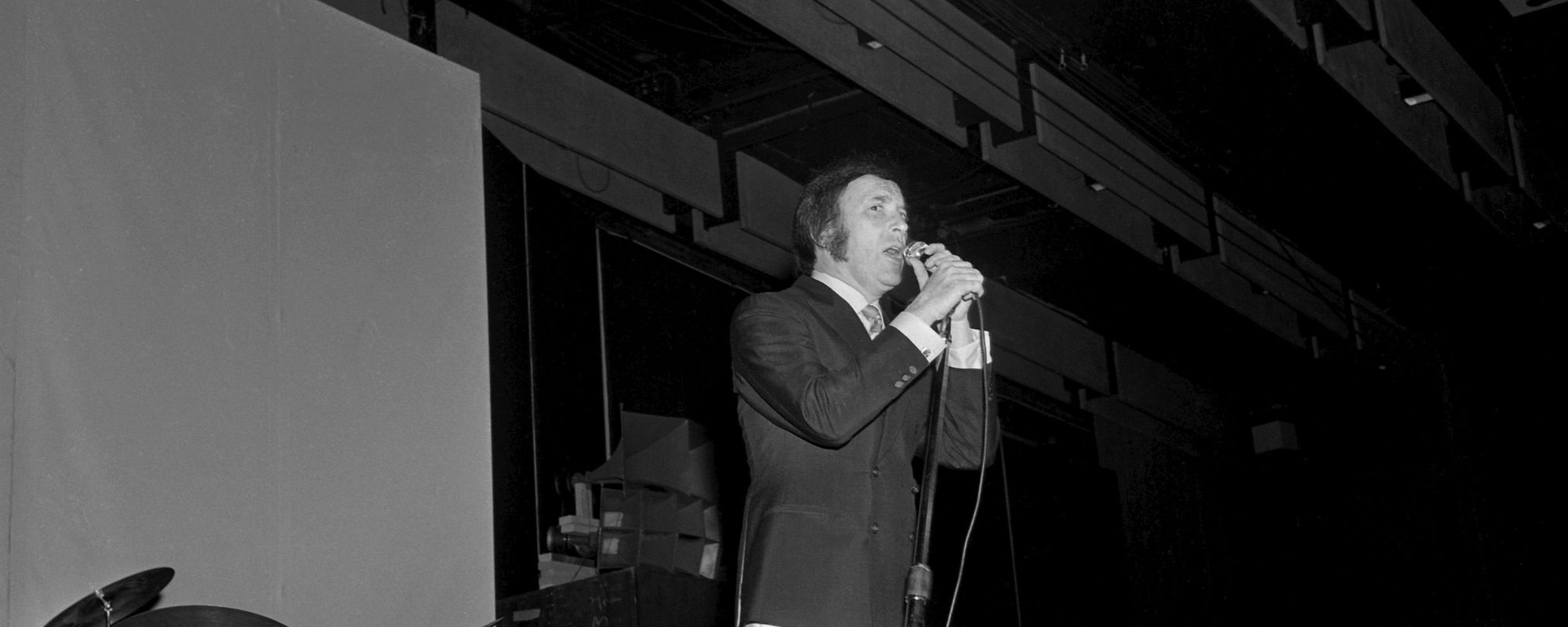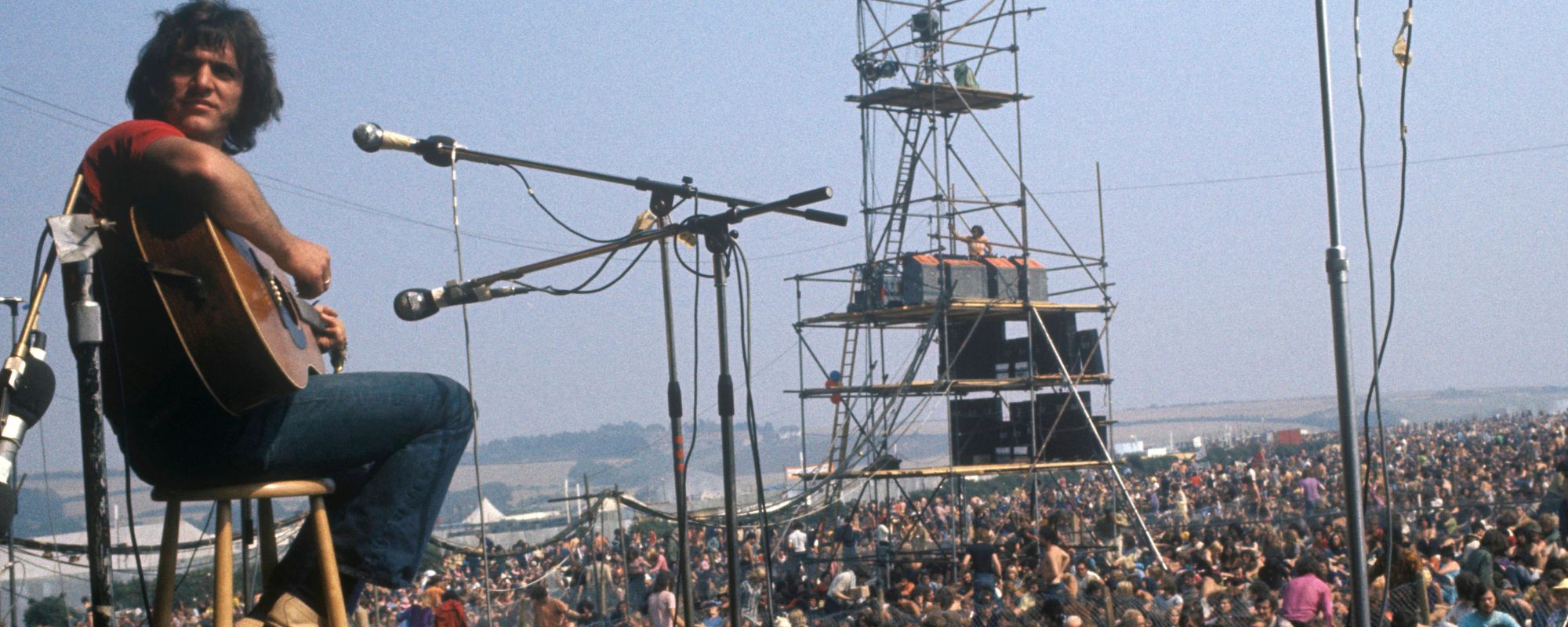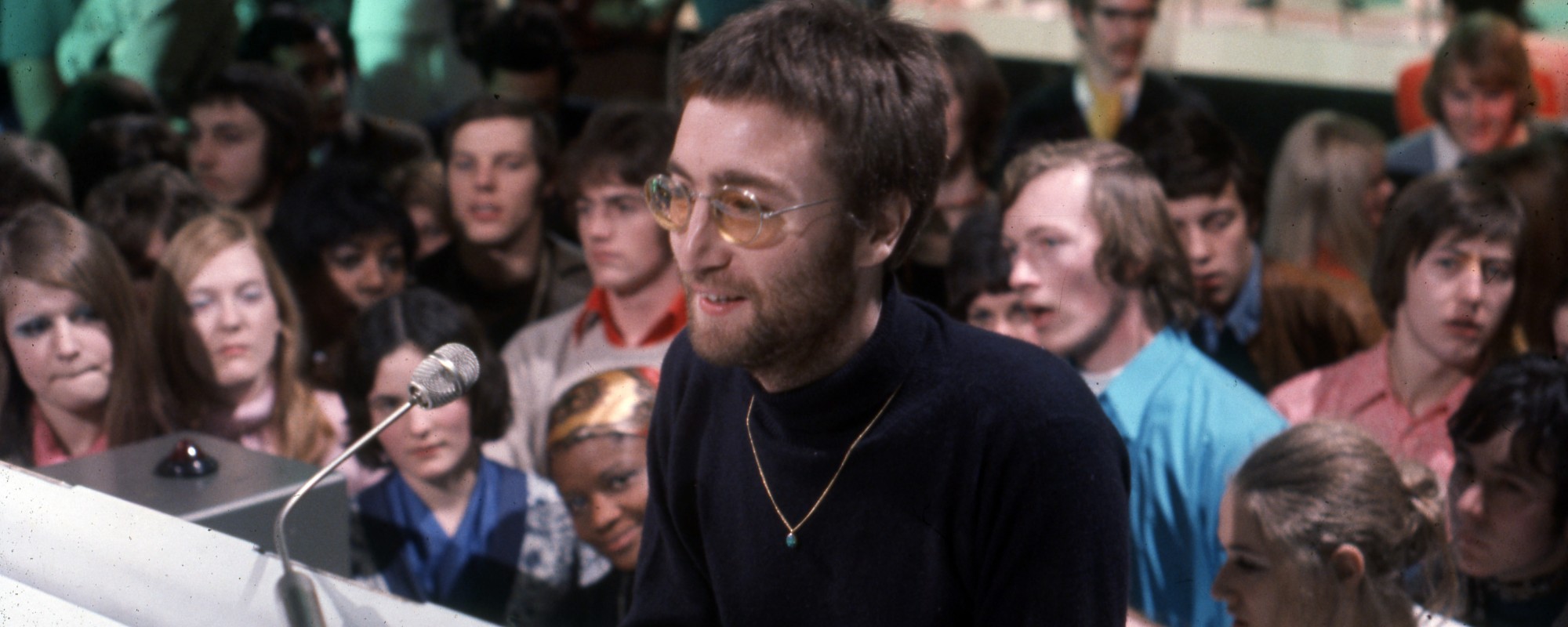Creedence Clearwater Revival’s recorded catalog teems with band chemistry and spirit. Unfortunately, the togetherness that the band showed as a musical unit didn’t always translate to the personal relationships among the members.
Videos by American Songwriter
In 1972, the seemingly unstoppable CCR train sputtered to a sudden and permanent halt. It happened due to a final album that tried to adjust the band’s division of labor, with disastrous results.
A Turbulent Trio
No music fan had much reason to believe that too much was amiss with Creedence Clearwater Revival heading into 1972. Granted, they didn’t release an album in 1971, which was unusual for a band with such prolific output. On top of that, rhythm guitarist Tom Fogerty had departed the band after the making of their 1970 album Pendulum.
Behind the scenes, things were quite dire. Tom Fogerty had left because of what he perceived as a lack of input into the band’s music. Instead, his brother John, who wrote the band’s originals, sang lead, and played lead guitar, dominated those proceedings.
John Fogerty also acted as the band’s manager, which had caused rumblings with others in the group, especially when the wisdom of some of the deals he made was questioned. Still, there was no reason to expect that the next CCR product would be any different from instant classics from their recent past, like Green River and Cosmo’s Factory.
Everybody Gets a Turn
When Tom Fogerty departed, that left CCR as a trio. In addition to John Fogerty, bassist Stu Cook and drummer Doug Clifford remained. What went down between the three men in terms of their 1972 album Mardi Gras remains a source of debate and friction among the band’s three living members. (Tom Fogerty passed away in 1990 before tensions between his brother and him could be completely resolved, sadly.)
John Fogerty claimed that Clifford and Cook came to him and demanded that they be allowed to write and sing a portion of the songs on the next record. But Clifford and Cook have long denied that account. While they admit they wished to be more involved with creative decisions, they insisted they never went that far.
Instead, the drummer and bassist have argued that it was Fogerty who came to them and demanded that they take on frontman roles for a big chunk of the new record. Whoever’s decision it might have been, the fact remains that John Fogerty wrote and sang lead on just three of the ten songs on Mardi Gras. Cook and Clifford divvied up those duties for six other originals, and there was one cover.
The Aftermath
When Mardi Gras arrived, the reviews skewed to the savage side. Many fans scratched their heads at the record as well. It did OK commercially, with a couple of Fogerty’s tracks (“Sweet Hitch-Hiker” and “Someday Never Comes”) scoring as hit singles. But the album sounded the death knell for this legendary band.
Which, Clifford and Cook contend, might have been what John Fogerty wanted all along. The CCR frontman was fed up with the band’s record label, and he couldn’t see CCR continuing in a more democratic fashion. After a short tour to support the album, their label (Fantasy Records) announced that the group had disbanded.
Bad blood that boiled over during Mardi Gras never quite cooled. Besides a few informal performances (one at a high school reunion, the other at Tom Fogerty’s wedding), the four members never reunited to make more music or tour again. While only those who were there can properly place the blame, anyone who loves the music of CCR can likely agree that they deserved a more fitting swan song.
Photo by Chris Walter/WireImage











Leave a Reply
Only members can comment. Become a member. Already a member? Log in.